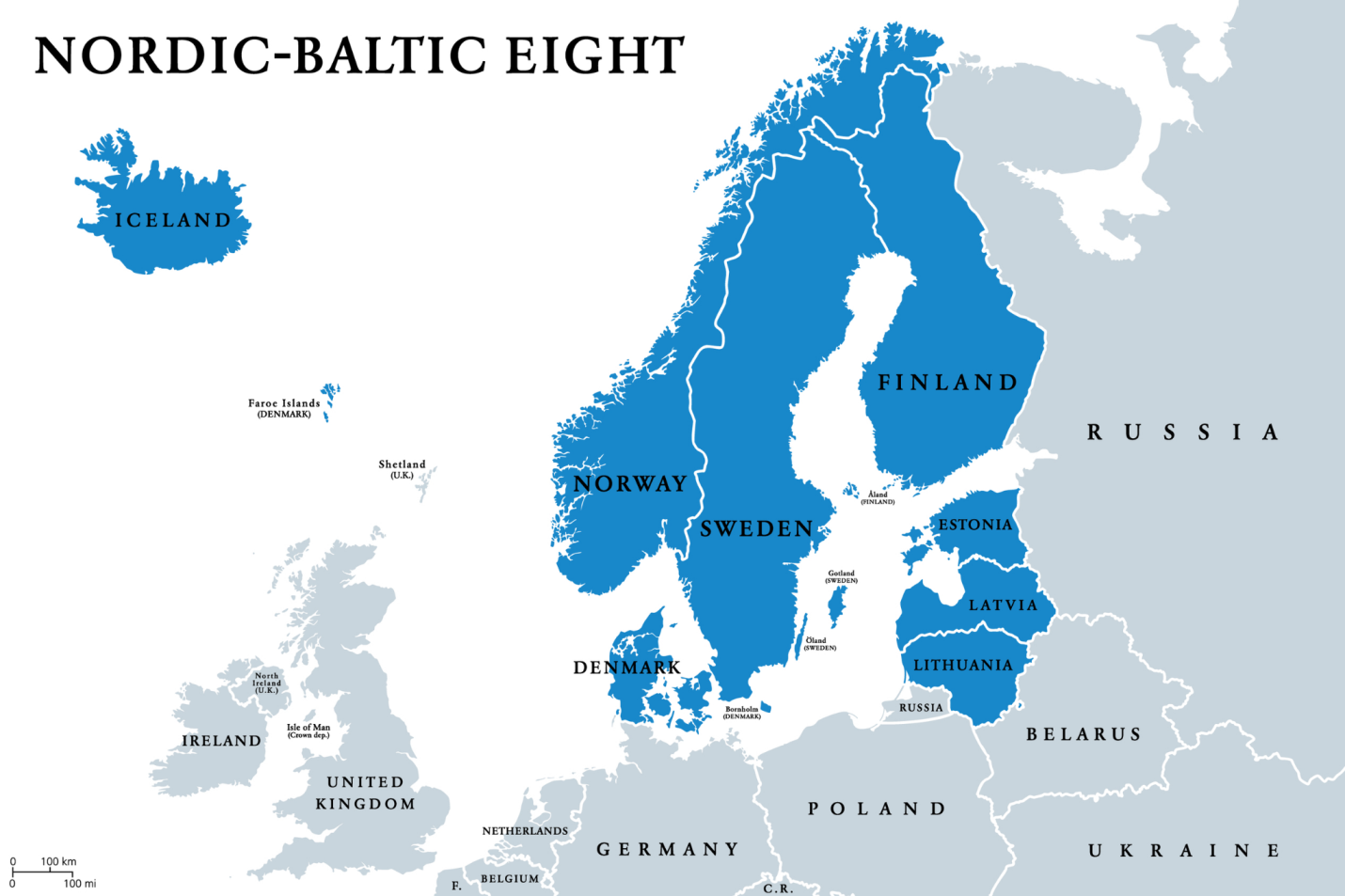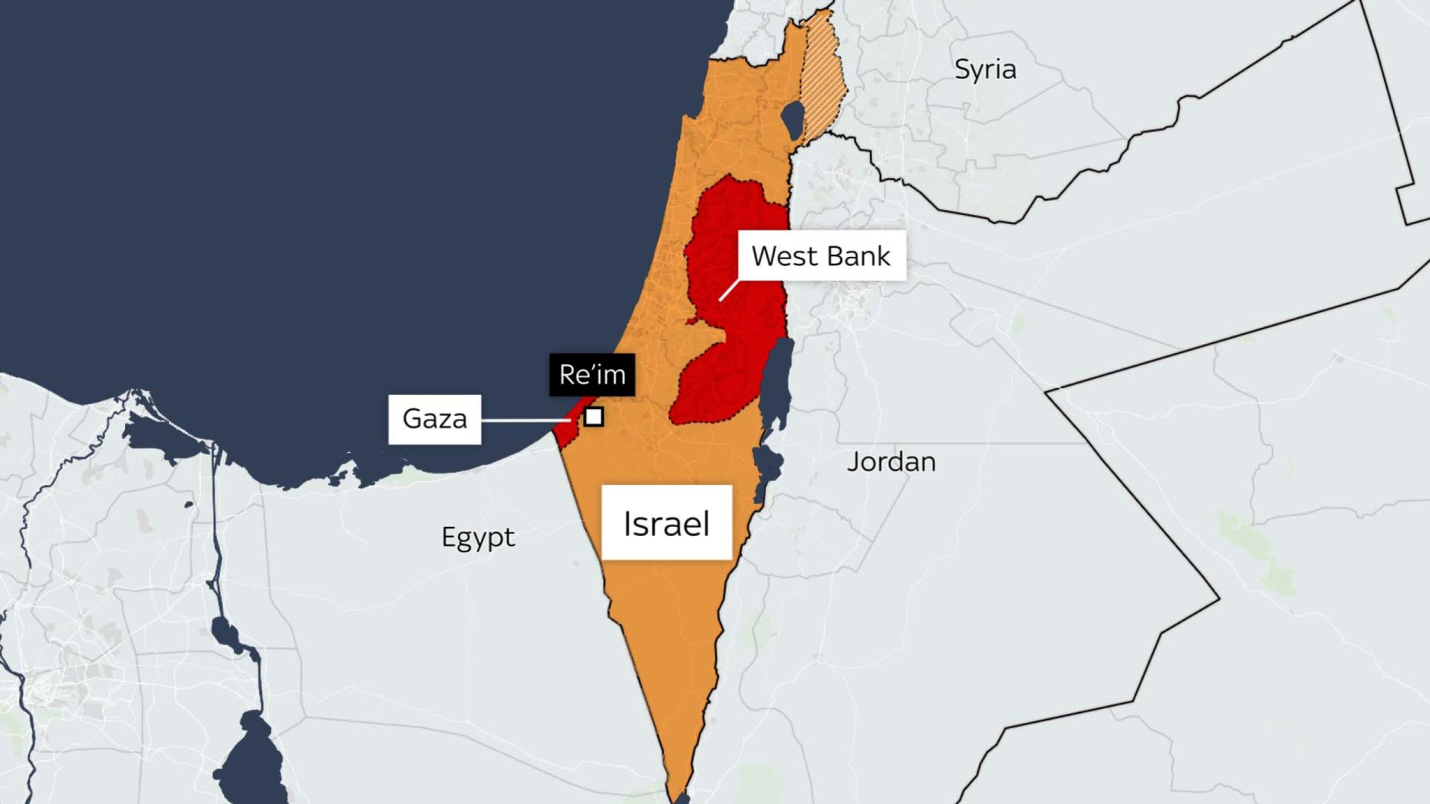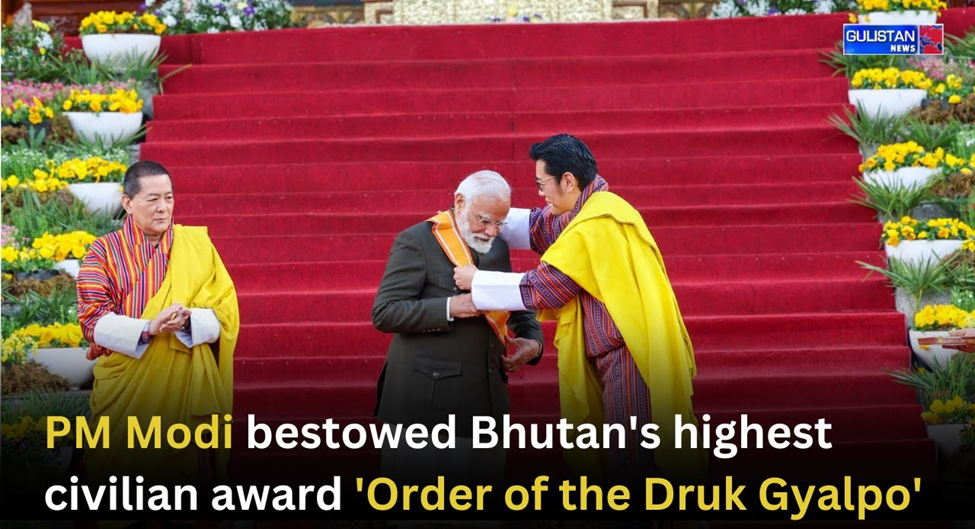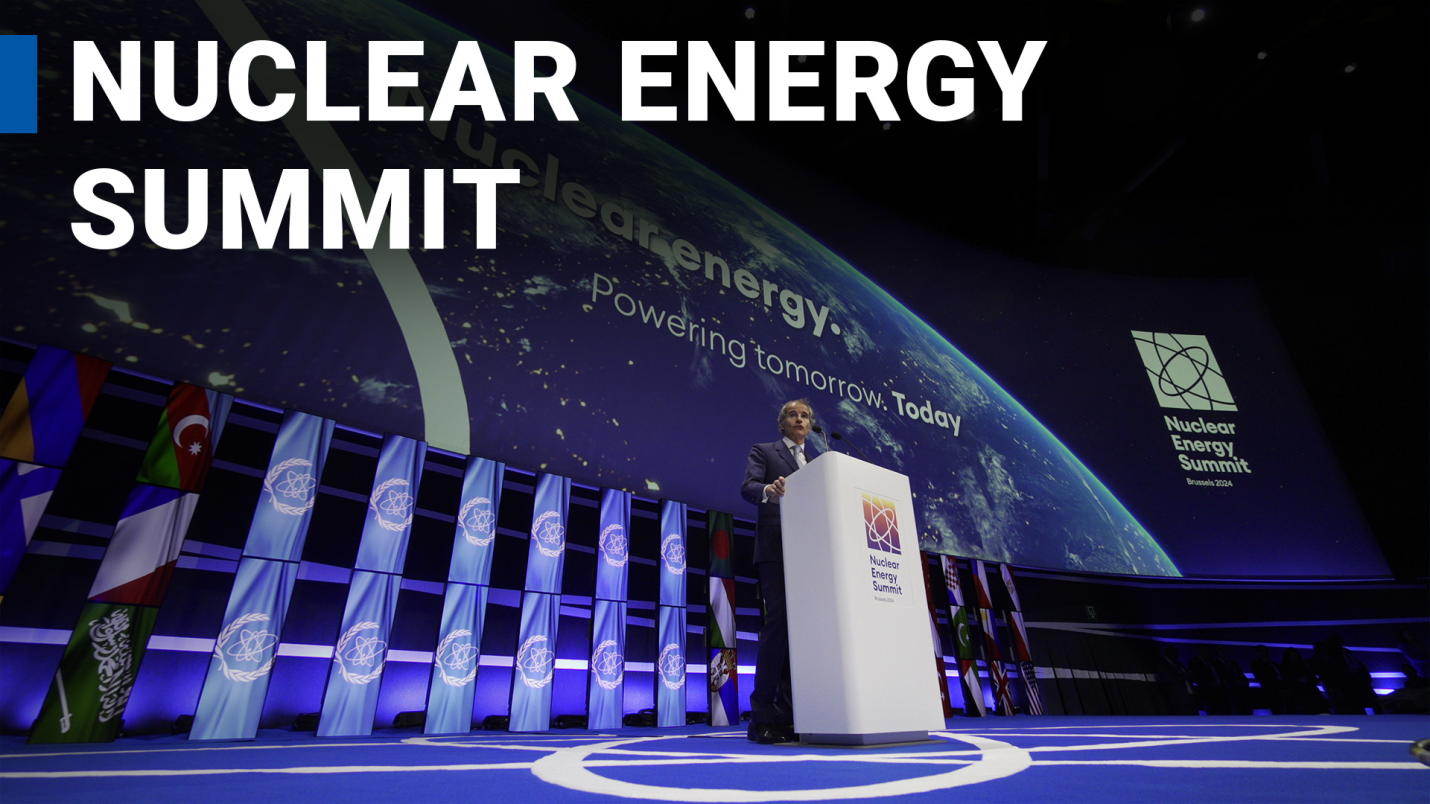





Copyright infringement not intended
Context: Nordic-Baltic nations participating in the Raisina Dialogue advocate for free trade, democracy, and human rights as key pillars for building a more peaceful world.
Key Highlights
About Nordic-Baltic Cooperation (NB8)
|
Aspects |
Details |
|
Founded |
In 1992, established during the collapse of the Soviet Union and the Baltic states regaining independence. This marked a historic shift in regional dynamics, prompting closer collaboration. |
|
Members |
The NB8 comprises eight countries from the northern region, including Denmark, Estonia, Finland, Iceland, Latvia, Lithuania, Norway, and Sweden. These countries share geographical proximity and have deep historical, social, economic, and cultural ties. |
|
Objective |
Promote regional cooperation and dialogue: Foster stronger ties within the region, address shared challenges, and build a common voice. Enhance regional influence on the global stage: Speak with a unified voice on global issues and contribute to shaping the international agenda. |
|
Structure |
Informal format: Encourages flexibility and allows for quick adaptation to changing circumstances. Regular meetings at various levels: Ensures broad participation and facilitates decision-making across different governmental sectors. Decision-making by consensus: Promotes inclusivity and ensures all members have a say in shaping the direction of cooperation. Rotating secretariat: Every two years, a member state hosts the secretariat, fostering shared ownership and responsibility. |
|
Key Values |
Democracy: Commitment to free and fair elections, human rights, and the rule of law. Human Rights: Upholding and promoting human rights across the region and globally. Multilateralism: Working through international institutions and organizations to address global challenges. Rule of Law: Adherence to the rule of law and international law principles. International Law: Respecting and upholding international law as a cornerstone of a peaceful and stable international order. |
|
Relationship with India |
Long-standing and growing partnership. Cooperation in various fields like innovation, green transition, security, and trade. Shared commitment to global security and prosperity. The NB8 sees India as a key strategic partner in the Indo-Pacific region. |
Conclusion
Must Read Articles:
RAISINA DIALOGUE: https://www.iasgyan.in/daily-current-affairs/raisina-dialogue-19#:~:text=The%20Raisina%20Dialogue%20aims%20to,%2C%20academics%2C%20and%20media%20representatives.
|
PRACTICE QUESTION Q. Which of the following countries is NOT a member of the Nordic-Baltic Cooperation (NB8)? A) Denmark B) Germany C) Finland D) Norway Answer: B Explanation: Germany is not a member of the NB8. While Germany shares geographical proximity with some Nordic countries, it is not part of the region or cooperation. The other options, Denmark, Finland, and Norway, are all members of the NB8. |











© 2025 iasgyan. All right reserved